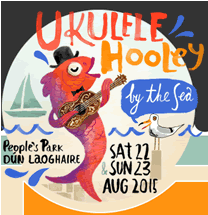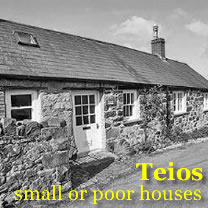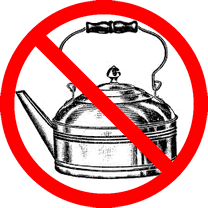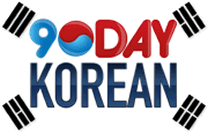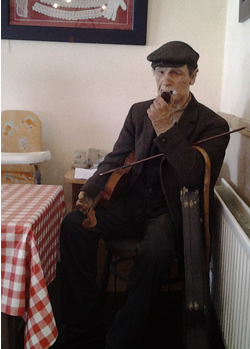
When I was in Ireland last week I heard plenty of stories, including some traditional ones in Irish. There was a night of sean-nós singing, dancing and story telling on Thursday, and afterwards we had a long talk with our sean-nós singing teacher, Gearóidín Breathnach, about various things, including the decline in traditional story telling, and how the Irish language is losing it’s richness, particularly it’s vocabulary.
Gearóidín is a singer and story teller who has passed on her songs and stories to her children, however many of the traditional story tellers in Ireland don’t have children and there are few people who want to learn the stories from them. As a result, traditional oral story telling is disappearing. Gearóidín also believes that people don’t have the patience to sit and listen to long stories any more.
I’ve been thinking about these things since then, and have come to the conclusion that although traditional story telling might be disappearing, we are all still interested in stories. These days we can get our stories from many sources – books, TV, films, computer games, magazines, newspapers, blogs, and each other. There are new kinds of stories and new kinds of story tellers, and many people spend hours every day watching their favourite TV soap operas, reading books and other material, chatting with friends, and generally taking in and sharing stories.
I usually have lunch in the café at the Folk Village (An Cláchán) in Glencolmcille, and in one corner of the café there is a manikin dressed in tweed, sitting at a table, with a pipe in one hand and a fiddle in the other (pictured top right). He used to sit by the fire in the gift shop, along with a female manikin dressed in traditional attire, however that fireplace has been removed and he now sits on his own in the café – I don’t know where the woman has got to.
One day I decided to make up a little story about him, and told it to some of my friends, who embellished it. The man, who I call an fear ciúin (the quiet man) or Seán O’Ceapaire (John Sandwich), came into the café on his way to a music session in 1967, ordered a cup of coffee, and is still waiting for it. Since then he’s met Nora, who works in the kitchen and who he married, and they’ve had five children and 25 grandchildren. When Seán came to the café he didn’t speak a word of Irish, and Nora spoke no English, but now Seán speaks Irish fluently, and Nora has learnt English. There were other details that my friends added, but I don’t remember them all.
Are there any traditional story tellers you know, or have heard of? Is there a tradition of oral story telling where you are, and is it still alive (practised, and passed from generation to generation)?

